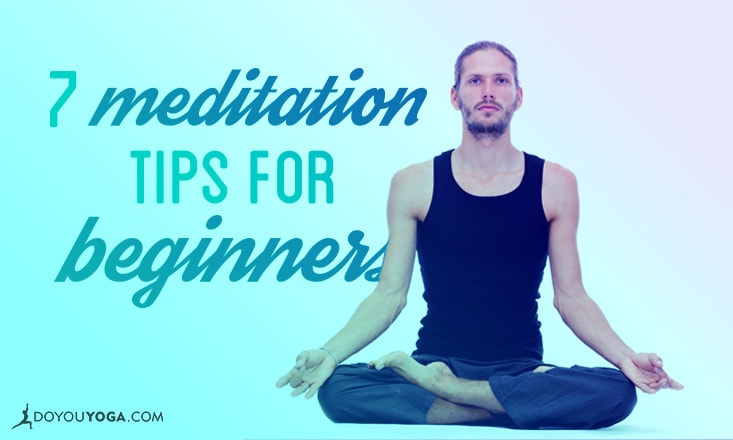Meditation is luxurious! It is stress relieving, heightens concentration, lowers blood pressure, and encourages better sleep… but boy, oh boy can it be hard to get started!
Here are a few tips to help you begin tailoring a meditation practice of your own.
1. Schedule It
Set aside some time to meditate. “Every Wednesday at 3pm I will meditate.” Now stick to it! It’s on your calendar, after all.
After a while you will be able to become flexible with that schedule.
2. Claim Your Spot
Choose somewhere quiet and peaceful to make into your meditation space. It should be away from distractions, noises, and other people.
You may decide you’d like some plinky-plonky music or a noise machine as a backdrop to curb any unwanted noises invading your space. Some people prefer earplugs.
3. Get Comfy
If your jeans dig into your belly, you won’t be able to sit for more then a few seconds without wriggling. If your chair or pillow is rock solid, you may start getting an achy backside after 30 minutes. If you are hungry you will possibly just day dream about post-meditative snacks and not relax…
Think about these things as you set yourself up.
4. Time It
Stop thinking about meditating as a time consuming activity. In fact, start with a two-minute meditation and slowly expand your time frame from there over the course of a few weeks.
Set a quiet alarm so you don’t keep peeking at the clock. You could even remove the clock from your view so you’re not tempted.
5. Soft Eyes
As a beginner, try starting with your eyes closed to avoid any outside stimulus from distracting you.
If your eyelids are twitchy and flutter, then you may decide you want to find a simple object to rest your gaze on, but don’t stare it down like your eyes are made of lasers! Instead let your eyes land on the object softly and allow yourself to blink, as you need to.
6. Relax
Forget about emptying your mind, which can be very challenging and might lead to frustration. Your meditation should be relaxing and serene, not stressful. Consider one of the other forms of meditation first:
Free-Flowing Thoughts: Maybe you try the idea of being ok with having a free flow of thoughts running through your head and try to practice non-attachment to those ideas — in other words don’t engage with them. If your brain asks you a question don’t answer it. Let each thought flow into the next.
Mantras: Alternatively find an inspiring mantra that speaks to your experiences and repeat it in your head over and over allowing you to focus on each word intently.
Mantras in Other Languages: Some practitioners translate their mantras to Sanskrit or Hebrew and repeat them in a more song-like fashion. This is nice because the sounds are relaxing and unfamiliar. It can make your meditation a little dreamier and can help you on your path to eventually being able to empty your mind.
7. Sleep
Stop yourself from falling asleep by separating meditation from sleep. Meditate in an upright position, and if you are sleepy and start nodding off — then sleep. You clearly need a deeper form of rest. Provide your body with what it asks for in this regard.
What meditation tips for beginners do you have? Share them with us below!


